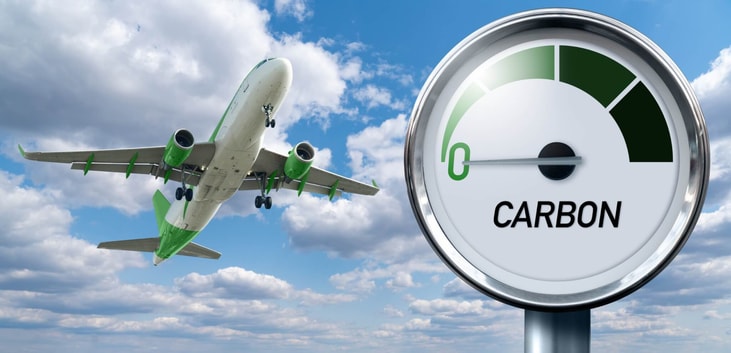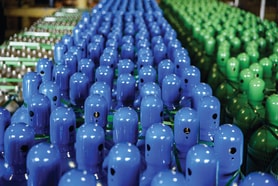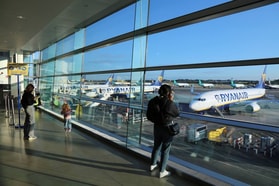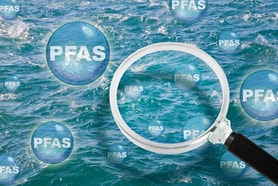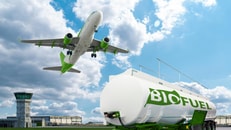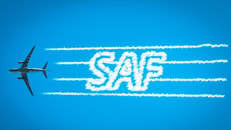DG Fuels selects JM and bp tech for $4bn SAF plant in Louisiana
Johnson Matthey (JM) and bp’s co-developed Fischer Tropsch CANS™ technology will drive DG Fuels’ first sustainable aviation fuel (SAF) plant in Louisiana, valued at $4bn.
DG Fuels hopes to produce 600,000 metric tonnes of SAF a year from waste biomass. To meet this capacity, DG Fuels will purchase around $120m of sugar cane waste (biomass) annually.
The JM and bp technology will convert the synthesis gas derived from the biomass to synthetic crude, which is then further processed to produce the synthetic kerosene that is then blended with conventional jet fuel to produce SAF.
Set to be operational in 2028, the plant will be the largest deployment of FT CANS to date, seven times larger than any other deployment of the technology.
... to continue reading you must be subscribed

